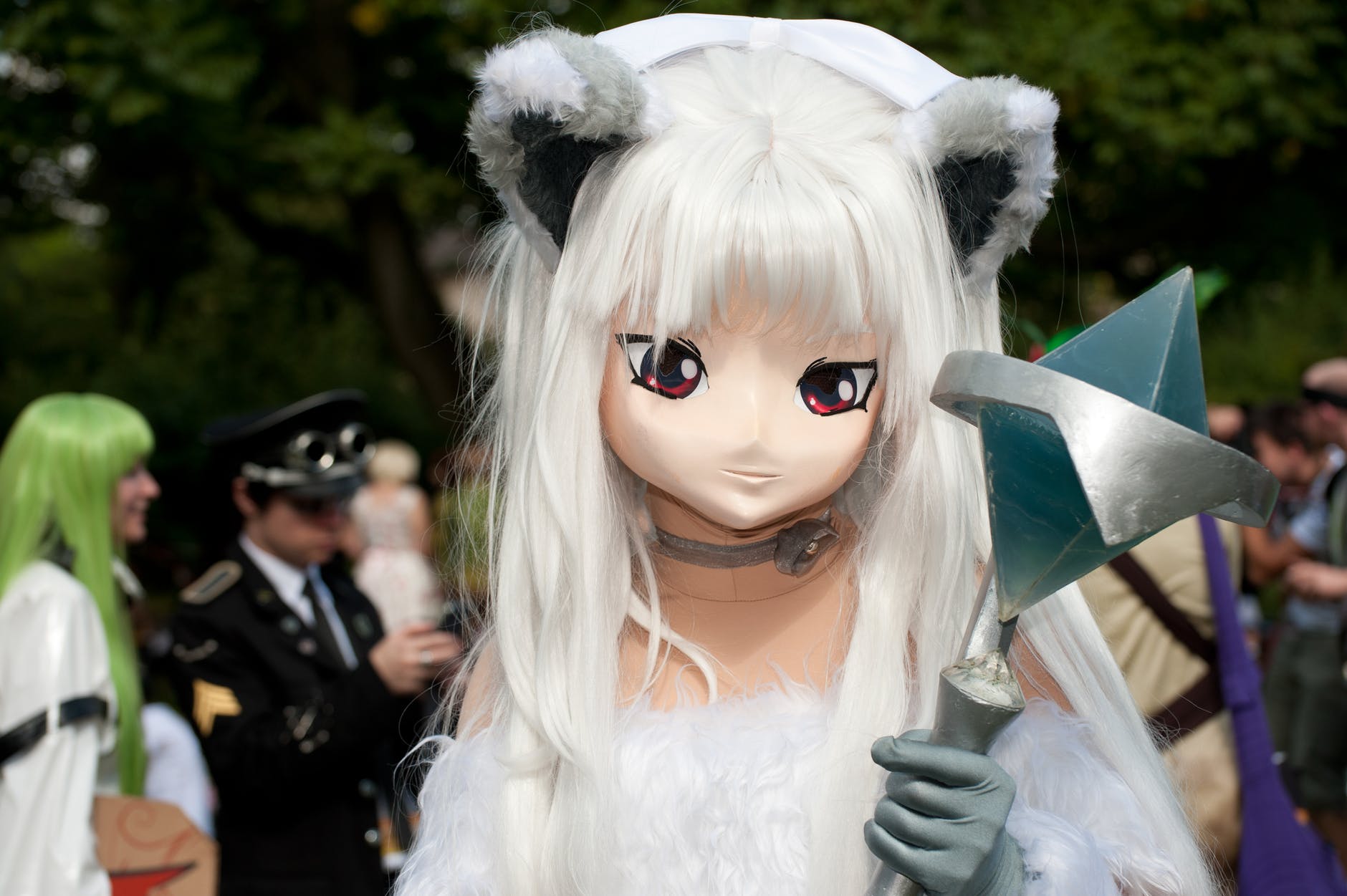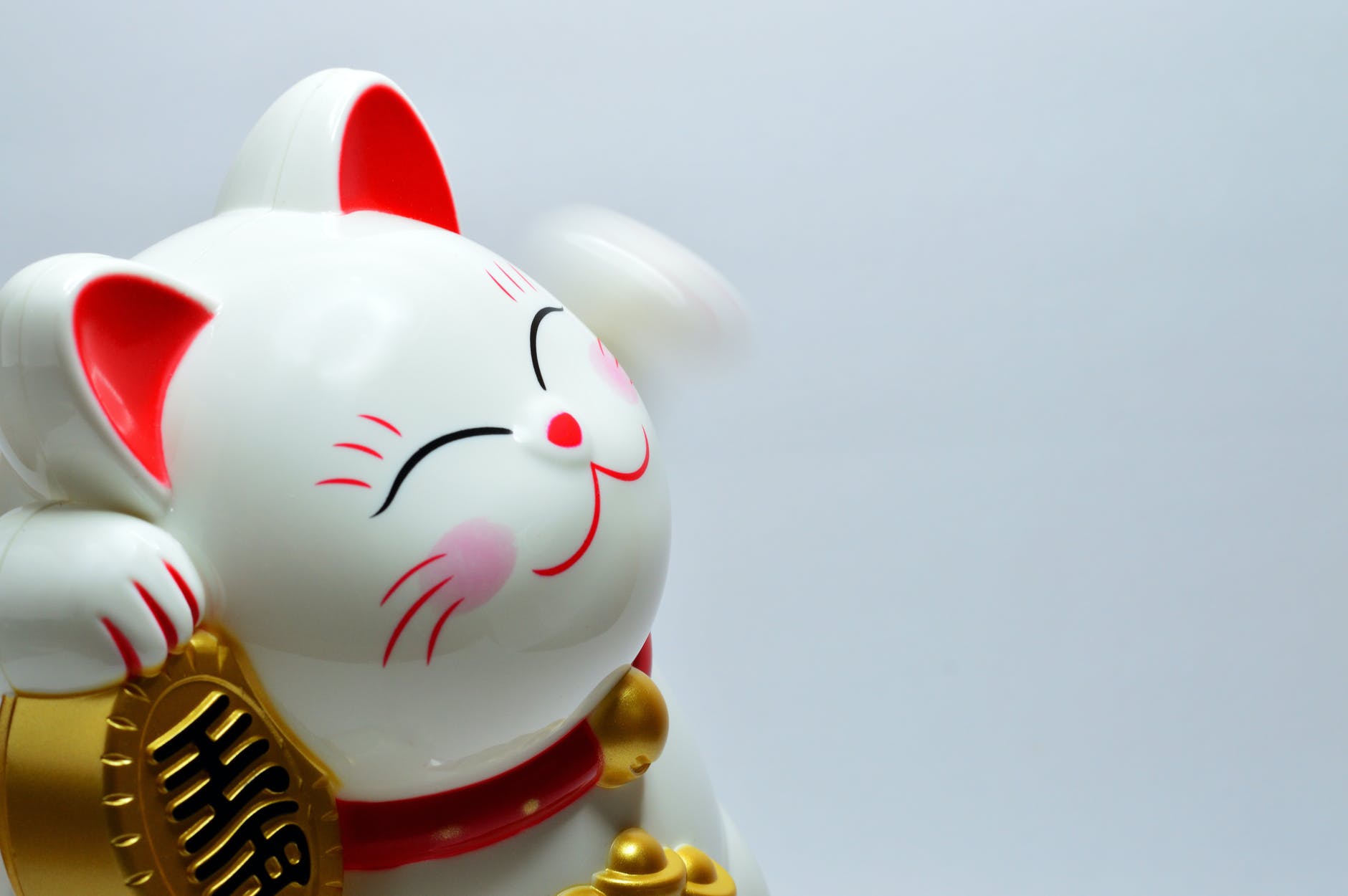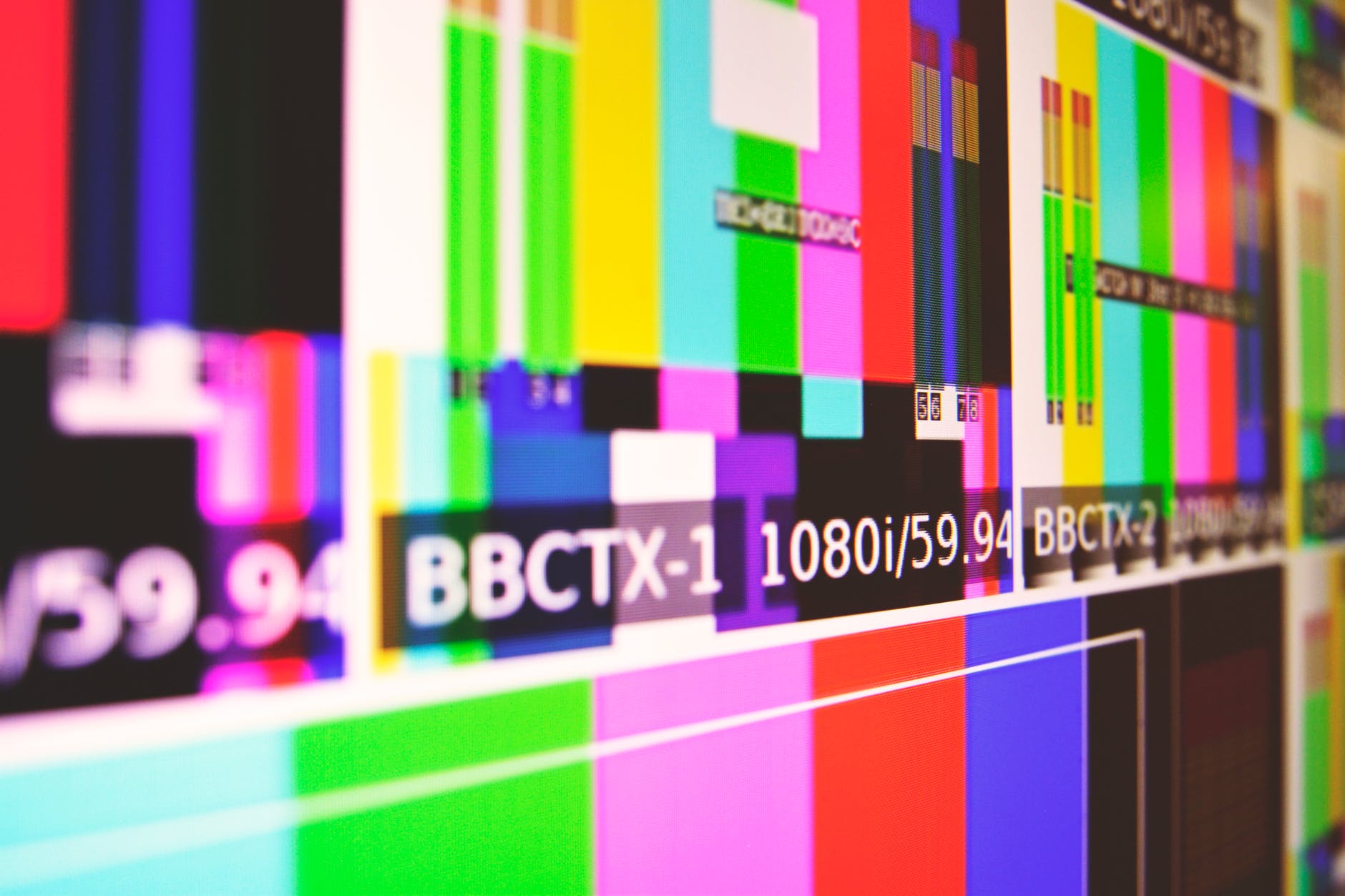How Asian Television Has Been Dominating Western Media Under The Radar
Over recent weeks, Asian media has taken over our streaming platforms, music playlists and social media. Most recently, hit show Squid Games has taken centre stage to become one of the most popular Asian series in the West. However, whilst this may be the catalyst for many to explore similar shows, Asian media has been slowly introduced to a western audience since the 1990s. The term Hallyu, also known as the Korean Wave, first popped up three decades ago. With the introduction of Japanese anime shows such as Pokémon and Sailor Moon many Westerns enjoyed dubbed versions of these shows.
Since then, not only has the anime scene, but Korean dramas and K-pop music has dominated and influenced Western Media. For instance, the singing game show The Masked Singer is originally a South Korean concept. Asian media and culture are creating a large impact on Western society, that the Oxford English Dictionary added 26 new words with Korean origin in its latest edition. This influx in Asian media is illustrating globalisations true power and making us realise that maybe we weren’t as connected as we thought we were. So, what does this sudden interest in Asian media mean for not only our media landscape but also societies evolving habits?

Green Light For Korean Anime Series
The two words on everyone’s lips right now is Squid Game. A South Korean, dystopian thriller series which racked up 111 million views in its first 28 days, and knocked Bridgerton off its thrown. Number one in 90 countries, the show’s dark premise enticed millions and left them wanting more. Whilst it’s success till continues, a second season has already been announced. Netflix already had a wide range of Asian series before Squid Games’ release, but what is it about the game show-esc series that has people raving? Speaking to Hollywood Reporter, Minyoung Kim, the VP of content for Asia Pacific said, “We’ve always believed that the most locally authentic shows will travel best, so having a show that’s about really authentic Korean games and characters become really big not only in Korea but also globally — it’s such an exciting moment for us.”
The cultural phenomenon that is Squid Game has led to novelty objects being made such as alarm clocks, influenced Youtube videos, memes and you can put money on it that people will be wearing those tracksuits this Halloween. The success of the online series has led me to question Western media’s role within its popularity and whether we (those in Western society) would have picked up on the show if it was only released in South Korea. Viewers of the show and other more mainstream Asian series have been surprised by how good Asian TV can be; not expecting the high-quality production value and acting which is consistent throughout series. Because production companies keep their standards high, it makes for an enjoyable watching experience where the viewer will not be jolted by a change and can enjoy a consistent show.
The streaming platform, Netflix has rightfully identified the rising popularity in South Korean and other Asian media. They currently have over 40 original K-dramas (Korean Dramas) on their platform which include a wide range of genres from sci-fi, romance and horror. Netflix have even created a special partnership with Korean TV networks. This involves weekly releases of episodes rather than allowing users to binge watch. It’s effect – viewers of the shows will have to wait eagerly for the next episode, creating a loyal viewership.
Before Squid Game became the face of Netflix’s ‘Foreign’ category, the platform had many other successful series including the French series ‘Lupin’, the Spanish series ‘Elite’ and their very first original Korean series ‘Kingdom’ back in January 2019. Furthermore, the platform includes dubbed and subbed features in over 30 languages and will be investing $500 million in Korean based content this year. A breath-taking amount, Netflix is cleverly bouncing off the back of K-pops popularity. The music and its stars have intrigued the public, encouraging them to delve into Korean content more.
Personally, I have to say, there is something about Korean content that is more visually pleasing and interesting to the viewer. As someone who has only just started Squid Game I can’t comment too much. However, I am familiar with K-pop, and the production levels of the music videos is incredible compared to Western acts. I think Westerners are becoming bored of our own content as no new concepts hit our screens. We’ve become eager to explore the new and unfamiliar, and I think that’s what shows like Squid Game have done.

The Humble Beginnings Of Asian TV In Western Society
Before dramatic Asian series with real life people took over every screen, anime was the only thing many knew about Asian television. Once consider geeky (some people still hold this view) and something for children, it has now developed into something much more. People of all ages can find quality shows up there with Game of Thrones (before season nine, eight if we’re being honest) to suit their preference with some having deep and multi-layered plots. An area of Asian TV which is slowly growing into mainstream culture, anime has developed its own subculture of enthusiasts, with streaming platforms dedicated to said content.
Viewers Changing Habits – How Television Evolves
People’s entertainment habits are constantly changing. Over the span of a few years, streaming has become one of our leading sources of entertainment. The term streaming once adopting negative connation’s has done a full 180. Lockdown has been a catalyst in our changing habits as people craved new content; Korean shows falling into that category. There’s a real desire for Korean shows by the Western public as streaming platform Viki revealed a 42 per cent growth of North American subscribers between 2019-2020. Us the consumers, are guiding production companies on what’s popular and what should be made.
As Korean culture/media has become popular amongst younger generations over the past few years their preferences have impacted many decisions within the media. The SVP of Content Business and Regional GM for Asia at Viki, Sarah Kim said to Elle “Young audiences now lead the trend of actively using different kinds of platforms to consume content…… Because of this, networks and production studios are able to try new and refreshing material beyond romantic comedies and family dramas, as well as explore multiple ways to introduce it not only in Korea but also outside of Korea.”
Not only have our TV shows and music been dominated by Asian content but so has our lifestyle industry. Even back in 2011, K-dramas were said to already be influencing our fashion choices. Over the past decade this has expanded into our makeup and beauty products/regimes. As Western culture begins to recognise and value Asian content, especially Korean content as their biggest competition, influential companies such as Disney+ and Apple TV+ are following in Netflix’s footsteps, introducing original Korean content on their platforms.

Society’s Mistake
Whilst it’s great that Western media is finally recognising Asian content on the same level, if not better as their own, we should address Hollywood’s downfall regarding Asian representation. Before they awarded Parasite Best Picture at the 2020 Oscars, Asian representation within film and TV was scarce. Production companies would cast white females in Asian or ethnic leads, one being Scarlett Johansson in Ghost. If Asian actors/actresses were cast, they would play a somewhat ‘geeky, beta-male’ role. Hollywood has been progressing as Marvel’s Shang-Chi is set for release next month featuring a strong Asian lead and predominantly Asian cast. In addition, actress Sandra Oh has played lead roles in series such as Killing Eve and Netflix’s The Chair.
It’s also interesting to note that while millions of people are watching and praising Asian shows, there is a real crisis going on at the same time. We’re in a space where anti-Asian behaviour is growing momentum. Random and violent attacks are happening against Asian people in Western culture which is only fuelled by hate. I bring this up as out of the millions who rave about the show, there must be a handful of them which commit these actions or have these prejudicial thoughts against Asians.
Asian shows haven’t always been on our radar and one reason for why many were put off was because of the language barrier. Dubbed versions of shows were annoying (plus they don’t do the acting any justice), and people were irritated they had to read subtitles to understand. Parasite director, Bong Joon-ho said during his acceptance speech at the 2020 Oscars “Once you overcome the one-inch-tall barrier of subtitles, you will be introduced to so many more amazing films”. And I think this is so true. It’s a very Western trait to give up when something involves another language. But as younger generations are more comfortable with, for example Korean language in the music, even encouraging them to learn the language, people are becoming more openminded to the idea of subtitles and films which aren’t in their first language.
It’s brilliant that western culture is expanding their media horizons with the introduction of Asian media. However, I don’t think this allows us to forget and forgive how Western media has treated this minority and how society continues to treat them.
This article was written by contributing writer Malin Jones.
To check out Malin’s bio click here.
Malin’s other posts –
The Side Hustle | The New Norm
The Race To Tour Space | Going Where Others Have Gone Before







